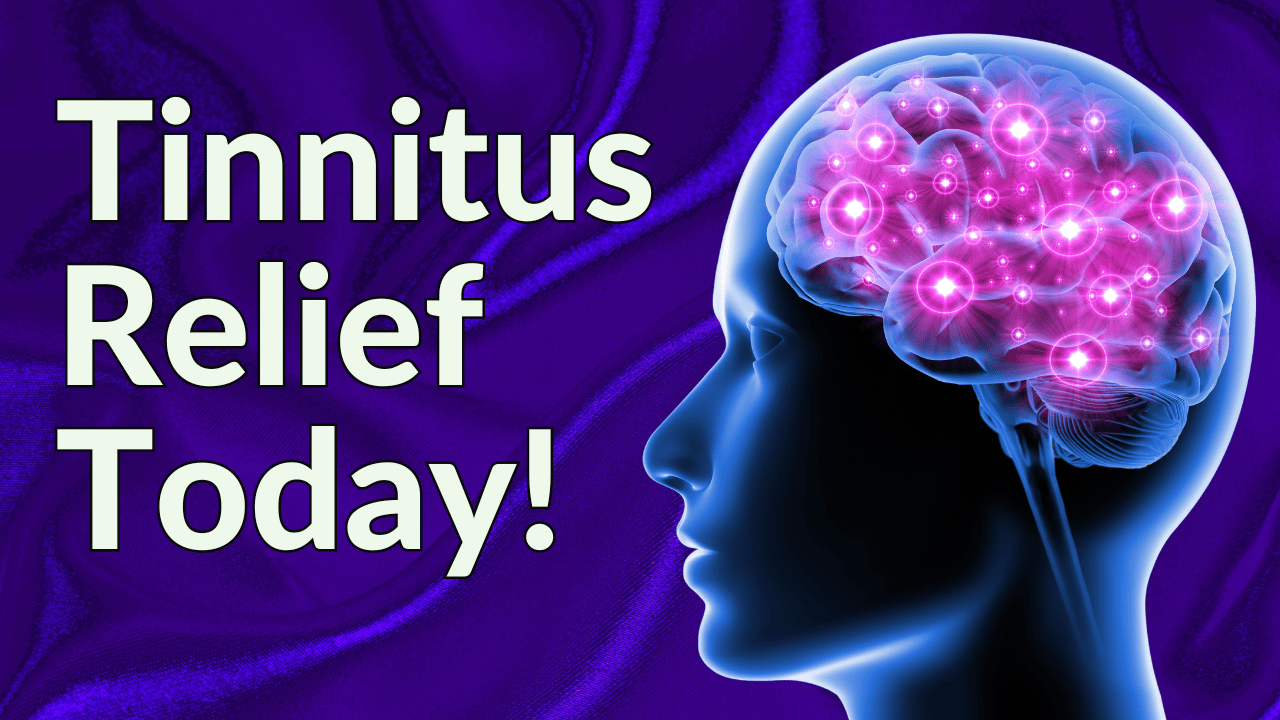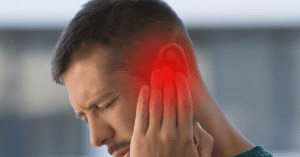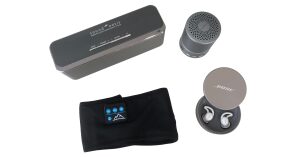The term “hearing disorder” may immediately call to mind the image of a series of complicated looking instruments and surgical intervention, but there are actually more non-medical interventions to treat tinnitus than there are medical or surgical interventions, in large part due to the nature of tinnitus. From tinnitus borne of regular exposure to loud noise to tinnitus that comes as a result of infection, there are plenty of non medical tinnitus treatments. To understand how this type of treatment can successfully address symptoms, let’s take a closer look at what tinnitus is, and how it is most effectively treated.
What Is Tinnitus?
Tinnitus is a hearing condition in which a patient experiences the perception of sound without a recognizable external source. The phantom sounds associated with tinnitus are typically described as ringing, buzzing, hissing, chirping, or even a vaguely musical sound. The sounds of tinnitus can be described in many different ways, but all involve a phantom sound, or a sound without a clear external source. While tinnitus may not be commonplace in conversation, it is a fairly common condition, affecting between 10% and 25% of the adult population.
"Treble Health helped me reduce my tinnitus by about 80%, and now I can live my life again!"


"Treble Health helped me reduce my tinnitus by about 80%, and now I can live my life again!"
– Steve D.
Book a free consultation to learn which Treble Health solution is right for you. Join Steve and thousands more who have found lasting tinnitus relief.
Tinnitus can be acute or chronic; chronic tinnitus is any tinnitus symptoms that last for longer than 3 months, while acute tinnitus occurs short-term, and is most often attributed to a recognizable issue, such as loud noise exposure or infection or illness. Tinnitus is not a disease in and of itself; instead, tinnitus is considered a symptom of another issue entirely. Nevertheless, it can negatively impact mood, sleep, work, concentration, and mental health, with tinnitus patients experiencing a higher likelihood of having anxiety and depression than the general population.
In addition to acute and chronic tinnitus, tinnitus is separated into two categories: subjective and objective. Subjective tinnitus can only be heard by the individual experiencing the sound, and is the most common type of tinnitus. Objective tinnitus can be heard by others and is typically related to an underlying condition that needs to be addressed or evaluated (typically cardiovascular-based). This is called pulsatile tinnitus, and it is typically treatable. Both types, however, are characterized by a lack of external sound to explain symptoms.
Tinnitus can be present in one or both ears. It can be intermittent or constant, and it is common for characteristics of the condition to fluctuate and vary from person to person. As a highly nuanced condition with a truly significant range of underlying conditions, no two cases of tinnitus are identical.
Tinnitus Causes
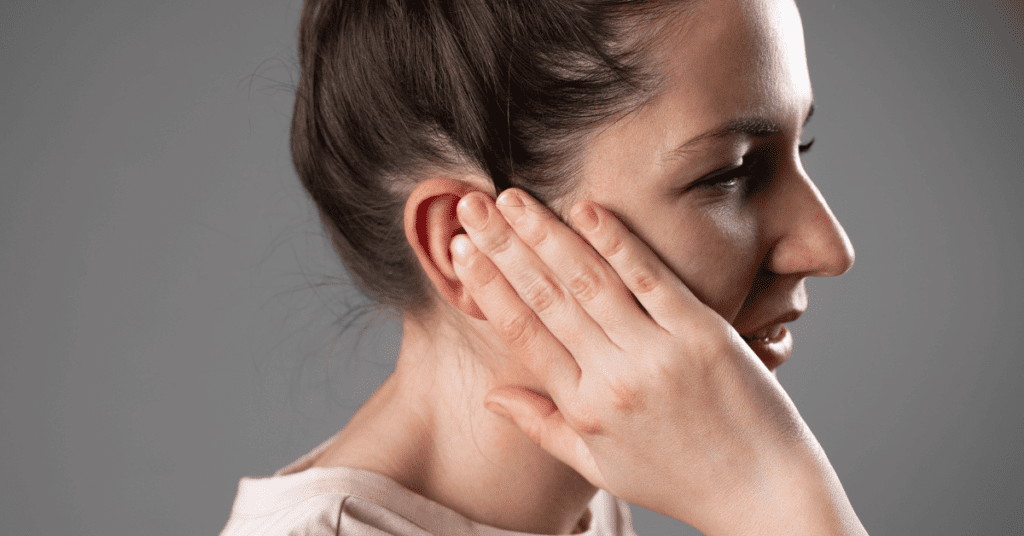


The precise cause of tinnitus is not always known. Even in the absence of a precise cause, however, there are common medical conditions, disorders, and other communication disorders related to tinnitus onset. The most common underlying case of tinnitus is hearing loss. Hearing loss can occur as a result of many different conditions and disorders, among them:
- Sensorineural hearing loss. This type of loss occurs as a result of noise exposure or age, and may be experienced as a sudden onset rather than a gradual increase in symptoms. This type occurs in the inner ear.
- Damaged ears or disruptions to sound. This can occur in the outer, middle, or inner ear.
- Outer and middle ear hearing loss. This is most often related to ear infections and middle ear abnormalities, such as otosclerosis, a disease affecting the bones of the middle ear.
Other causes may include ototoxic medications (medications known to be harmful to the ears), noise exposure, high levels of ear wax, ear infections, stress and anxiety, poor diet, inadequate sleep, head or neck injuries, blood vessel issues, and chronic conditions. Tinnitus is typically diagnosed by a primary care provider (PCP), ear nose and throat (ENT) doctor, or audiologist. All of these medical professionals will typically take a detailed medical history, physical exam, hearing test, and imaging test to rule out other conditions and determine the likelihood of tinnitus.
Tinnitus Management Options
Tinnitus management options are typically divided into two categories: medical and non-medical. Medical interventions will focus more on addressing physical symptoms that could contribute to tinnitus onset. Medical intervention is typically less about tinnitus therapy, and more about addressing an underlying condition. Ear wax and jaw joint issues, for instance, would require a medical intervention due to the physiological nature of the issue. Eliminating ear wax and joint concerns could limit the severity of tinnitus, or alleviate the symptom completely in some cases.
Non-medical interventions are those that may focus on alternative medicine, mental health support, and other forms of intervention and support that manage the specific symptoms of tinnitus, rather than addressing an underlying cause.
For both types, a medical history is necessary. A thorough understanding of a patient’s medical background can help inform tinnitus instrument exams, and more effectively guide clinical practice guidelines and intervention strategies.
Medical Tinnitus Treatment Options (Medical Intervention Needed)
The medical interventions for tinnitus include medications, cardiovascular intervention, surgical intervention, and head injury intervention. Medications are used to address underlying causes or peripheral effects of tinnitus onset, and may include anti-anxiety drugs to limit the reach of anxiety or sleep medication to support healthy sleep. Cardiovascular intervention typically means looking at pulsatile tinnitus (which is usually only in one ear), and supporting heart health to address the root of tinnitus. Surgical intervention can include surgery on the head, neck, or ears, and head injury treatment may evaluate the role of the head injury and how it relates to tinnitus.
Non-Medical Tinnitus Treatment Options
Non-medical treatments are those that typically focus on tinnitus management and support for the ramifications of symptoms. The most common of them include the following:
Amplification: Hearing Aids
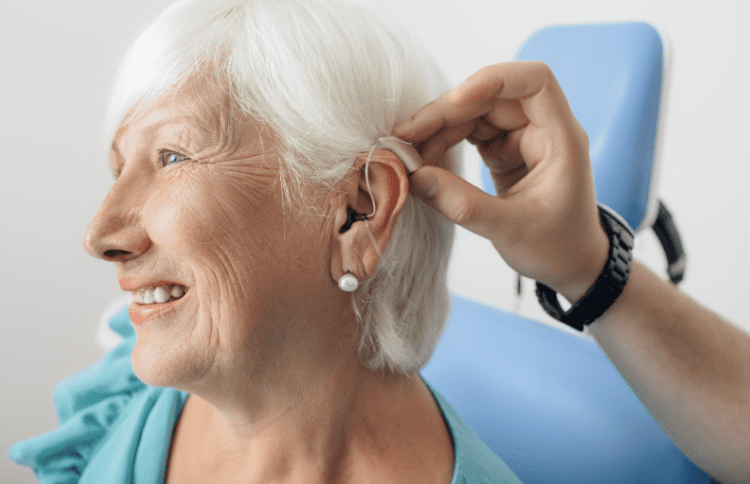


Hearing aids help lessen hearing loss. Hearing aids can be worn over the ear or in the ear, and there are different styles for different levels of severity. A hearing aid can help restore sound to the auditory system that was previously lacking, and deliver appropriate amplification to help relieve symptoms for both hearing loss and tinnitus.
Sound Therapies
Sound therapy can be delivered with hearing aids, a wearable sound generator, a combination device which combines ear level amplification and sound therapy, or another type of sound generator such as a white noise machine. Sound therapy can be used to aid relaxation techniques or improve sleep. If the implement is not being worn, it can be placed near your bed, and can play nature sounds such as waves, waterfalls, and rain throughout the night to distract and soothe your brain. It can also be as simple as using a radio or a fan. Smartphone apps have also been used to generate white noise and other distracting sounds.
Psychological Treatments & Behavioral Therapies
Psychological treatments and behavioral therapies include Cognitive Behavioral Therapy (CBT), relaxation practices, education, hypnosis, biofeedback, and stress management or problem solving tactics. Cognitive therapy helps address the emotional and mental side effects of tinnitus.
Cognitive Behavioral Therapy



This particular intervention teaches individuals how to identify the negative thoughts causing them distress, and helps develop healthy coping patterns. It is not exclusively for tinnitus, but is instead one of the most common forms of talk therapy currently in use. CBT can help tinnitus patients learn how to focus on positive changes that can be made, and research has consistently supported the idea that CBT can improve the health and well-being of people with tinnitus.
Tinnitus Retraining Therapy (TRT)
Tinnitus Retraining Therapy combines masking (or sound therapy) and counseling. It utilizes both to essentially “retrain” the brain, to help emotionally and physiologically reduce how much an individual notices and responds to tinnitus. The counseling aspect helps control how you react to tinnitus, and helps develop the belief that tinnitus is neutral rather than threatening, and masking helps reduce the perceived sound of tinnitus. Some studies determined that CBT was more effective than TRT counseling, though there remain significant proponents of TRT.
Relaxation Techniques
Stress and frustration can make tinnitus more noticeable, so stress management can help ease feelings related to tinnitus and promote a calming environment. Acupuncture, chiropractic work, aromatherapy, yoga, meditation, walking, and journaling can all be used to help ease some of the frustration that arises with tinnitus symptoms.
Hearing Protection
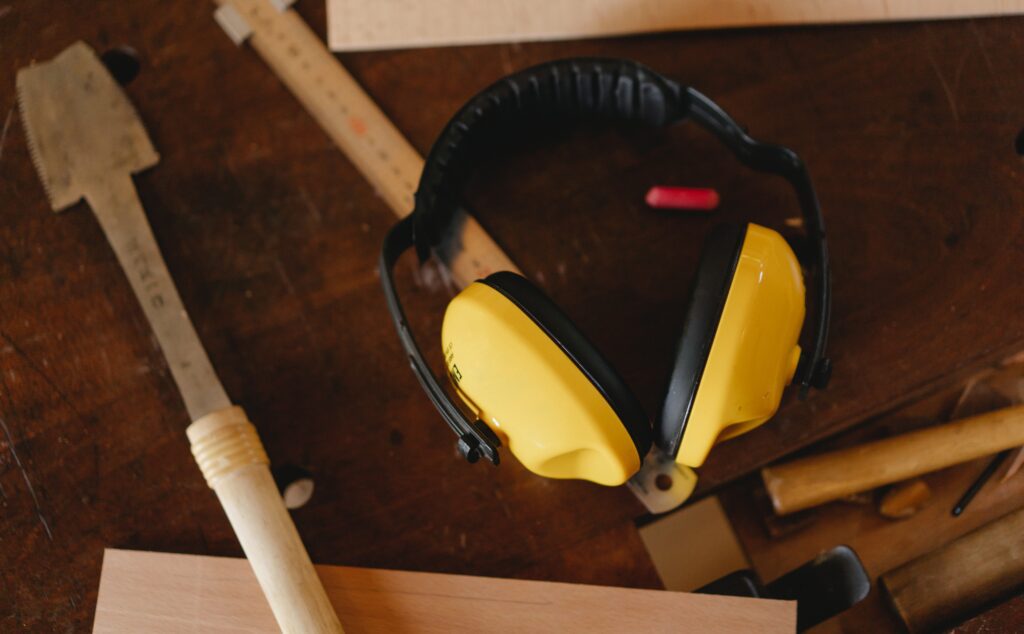


Exposure to loud noises and loud music can trigger tinnitus or make tinnitus worse, so hearing protection can help prevent tinnitus, or help avoid making tinnitus worse. Store-bought products such as ear plugs can be used, or tinnitus patients can have custom protection made–custom hearing protection and musician’s plugs–by an audiologist. Hearing protection can be used around loud noises to prevent hearing damage.
Current Research
Investigators at the National Institute of Health (NIH) and other research organizations are continuing to develop additional management strategies and alternative treatment options for tinnitus. Current research topics include electrical stimulation, bimodal stimulation, repetitive transcranial magnetic stimulation (rTMS), deep brain stimulation (DBS), and medications. These areas of research are being designed to successfully manage or suppress symptoms.
Expectations Of Tinnitus Management
Tinnitus management strategies are used to reduce tinnitus symptoms. They are not intended to be cures for the condition, as there is not currently a recognized way to cure tinnitus. Instead, they are used to reduce the effects or manage the symptoms of tinnitus and improve quality of life. When there is an underlying cause or medical condition that can be treated and resolved, tinnitus may also resolve–this is the one instance in which a “cure” may be available.
Chronic cases of tinnitus often require multiple approaches to relieve patients of severe symptoms. When multiple known causes are present, multiple approaches are often necessary for treating tinnitus. Tinnitus treatment as a whole is still a work in progress, and researchers are still learning about the condition, who it affects, and how it is most effectively managed. If you begin to notice tinnitus more frequently, it may be time to be evaluated by a hearing professional and get started on your tinnitus treatment journey.
Next Step: Book Free Consultation
- 75% of patients reduced their tinnitus within three months after following our recommendations.
- "I feel like Treble Health literally gave me my life back." - Randy S. (verified customer)
- Join thousands of people who have reduced their tinnitus after scheduling a free consultation.








